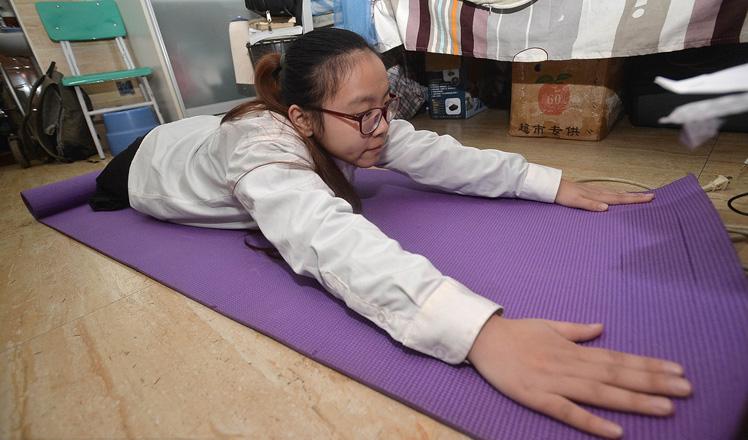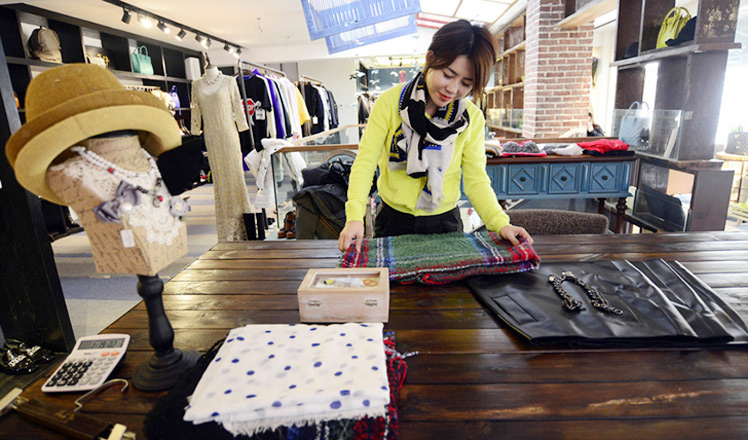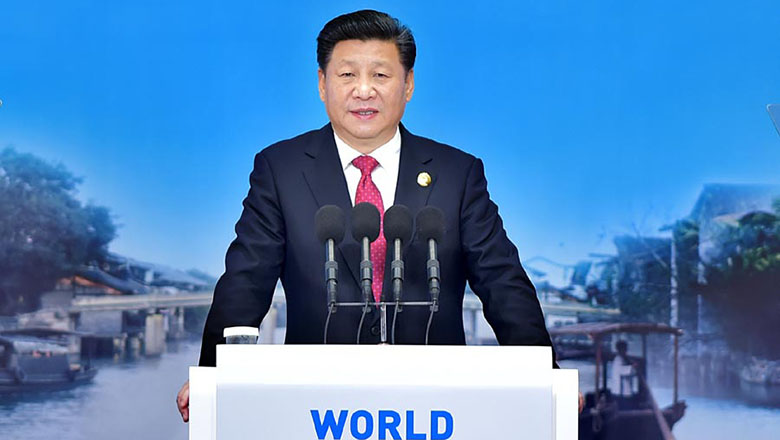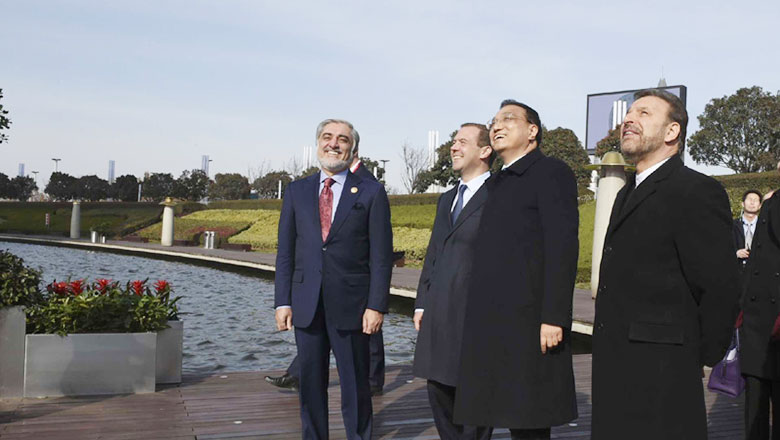China's appetite for bird's nests allows smuggling to take flight
Updated: 2015-12-18 10:19
(Xinhua)
|
||||||||
SHANGHAI - As the cold, dry winds of winter rip through China, popularity of edible bird nests has taken off as people seek the supposed skin benefits from the lavish delicacy.
However, the increased appetite has driven smuggling of the rare treat, also known as cubilose, leading to potential health hazards.
At a stall in the Shanghai Kaixuanmen Market, a major wholesale health market, one shop owner proudly boasts about his supply of edible bird nests. "Our nests are imported from Malaysia and only cost 10 yuan per gram," he said.
But when asked to show certificates of origin or quarantine, the shopkeeper came up empty handed. Repeating the question at dozens of other shops selling the nests, only one was able to show proper health certification.
Others lack even basic details such as the date of manufacture or where it was produced.
"The legal imports cost at least five times of the current price. It is hard for you to find them in this market," the shopkeeper said, not offering his name. Smuggled cubilose costs between 6,000 yuan (926 U.S. dollars) to 8,000 yuan per kg, while legal imports cost at least 20,000 yuan per kg.
Smuggled nests are also found online. Tens of thousands of shops offer them on online shopping sites like Taobao.com, claiming they are imported from Malaysia, Indonesia or Hong Kong, but failing to show certificates.
China is the world's largest consumer of bird nests, which is made of the secretion from the salivary glands of swiftlets. It has been used in Chinese cooking for hundreds of year and is often used in beauty treatments.
Highly sought after by elderly Chinese and pregnant women for its medical benefits, imported edible bird nests were banned in 2011 after health inspectors found excessive amounts of chemical nitrite in a shipment from Malaysia.
The country began allowing imports from Indonesia and Malaysia again in 2013, but tightened quality inspection and required detailed information to accompany the products.
Despite the nationwide crackdown, smuggled bird nests still end up on consumers' plates.
In mid-September, customs police at Gongbei Port of south China's Guangdong Province seized more than 700 kilograms of edible bird nests produced in Indonesia, worth more than 100 million yuan. The nests were purchased in Hong Kong, transported to Macao and illegally brought to the mainland via the Gongbei Port in April last year.
Statistics also showed that customs police at Luohu Port of Shenzhen City confiscated around 700 kg of smuggled nests in the first half of this year.
Smugglers wrapped the nests in aluminum foil or in black plastic bag, which they thought would be undetectable to the port's X-ray machines. Someone even hid them in bags of chips and biscuits.
"Smuggling has even driven up the price of legal imports in the market,"one manufacturer from Malaysia told Xinhua. He said he has "reliable people" who can smuggle his products to China.
If choosing a legal import channel, merchants must pay 17 percent value-added tax, not including fees for transporting and storage.
In order to make more money, merchants usually spray water or brush gelatine on the nests to increase their net weight prior to sale. But the practice can cause microbes to develop in the high-protein nests, which may lead to excessive nitrite that would fail an official health check.
Still, customers tend to prefer low price over high quality.
"I've bought bird nests without certificates for years and have had no health problems. The legal imports are too expensive," one customer at the Shanghai market said, adding he was buying one for his wife.
In order to help track the origin of imported edible bird's nests, the Chinese Academy of Inspection and Quarantine has established a management platform. Consumers can scan the QR (Quick Response) code on each product and obtain detailed information on the platform.
A staff with the academy said all 16 Malaysian firms and eight Indonesian firms registered in the Chinese market voluntarily added QR code on their products.
"Chinese firms should use the QR code in the future, the government should simplify import procedures, and promote consumers' awareness to choose quality legal products for the health of themselves and their family," he said.
- Pandas prefer choosing their own sex partners, researchers find
- Tycoons exchange views on building a cyberspace community of shared future
- China successfully launches its first dark matter satellite
- Report: Layoffs may loom next year
- China launches satellite to shed light on invisible dark matter
- China strongly opposes US arms sale to Taiwan
- Good international coordination a must to combat terrorism
- Chinese embassy: spy report 'sheer fiction'
- US, Cuba agree on restoring commercial flights
- Fed raises interest rates, first rate hike since 2006
- IAEA decides to close nuclear weapons probe of Iran
- Russia, US call for common ground over issues

 Canadian college offers flying classes to legless girl
Canadian college offers flying classes to legless girl
 Fashion buyer scours the world for trendy items
Fashion buyer scours the world for trendy items
 Tycoons exchange views on building a cyberspace community of shared future
Tycoons exchange views on building a cyberspace community of shared future
 Snow scenery of Taklimakan Desert in Xinjiang
Snow scenery of Taklimakan Desert in Xinjiang
 East China province gets 1st subway line
East China province gets 1st subway line
 President Xi delivers keynote speech at World Internet Conference
President Xi delivers keynote speech at World Internet Conference
 Chinese premier shows Zhengzhou's fast growth to SCO leaders
Chinese premier shows Zhengzhou's fast growth to SCO leaders
 Two Chinese Antarctic expedition teams set off for Antarctic inland
Two Chinese Antarctic expedition teams set off for Antarctic inland
Most Viewed
Editor's Picks

|

|

|

|

|

|
Today's Top News
Shooting rampage at US social services agency leaves 14 dead
Chinese bargain hunters are changing the retail game
Chinese president arrives in Turkey for G20 summit
Islamic State claims responsibility for Paris attacks
Obama, Netanyahu at White House seek to mend US-Israel ties
China, not Canada, is top US trade partner
Tu first Chinese to win Nobel Prize in Medicine
Huntsman says Sino-US relationship needs common goals
US Weekly

|

|








